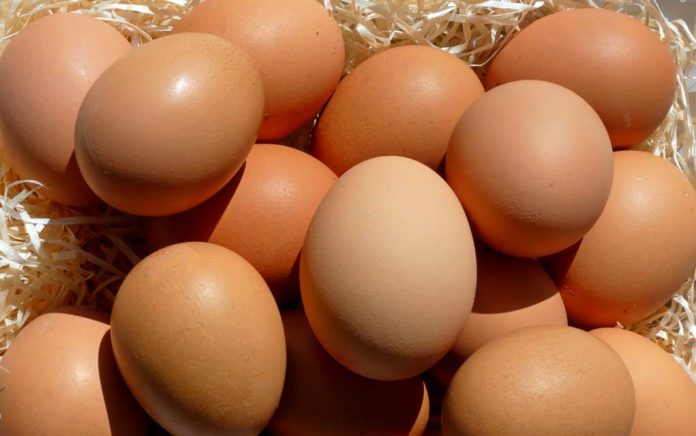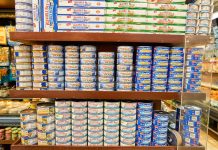
People have been eating eggs since long before electricity and refrigeration. However, that doesn’t mean they let their extras go to waste. To have a supply of eggs last through winter, you need to preserve them. How did previous generations do it without refrigeration?
Like this:
Chickens naturally lay fewer eggs in the winter months due to less sunlight and daylight hours; many chickens stop laying altogether. Of course, some places insist that you can use artificial light to keep up your egg production. While this is true, what if there is no electricity? That’s where water glassing comes into play.
A super simple yet effective way to preserve eggs uses a container, water and hydrated lime. For every 1 quart of water you put into your container, you need to add 1 ounce by weight of hydrated lime. Mix the lime and water together until it looks milky.
Before you place your eggs into the mixture, make sure they don’t have any dirt on them. However, you should not wash them as this will cause the pores on the egg to be exposed and the lime will get drawn into the egg. This method of preservation won’t work with store-bought eggs, as they have been washed. If you buy from a farmer, ask them specifically for unwashed eggs. When you stack the eggs, keep the narrow side down, if possible, for optimal preservation.
Water glassing eggs is great for winter months and off-grid living. Now, wouldn’t it be great to have some steak with those eggs in the morning? Well, you’re in luck because you can use salt to preserve meat as well. No missing out on that steak and egg breakfast, even after SHTF.
Copyright 2020, TheSurvivalGuide.com














